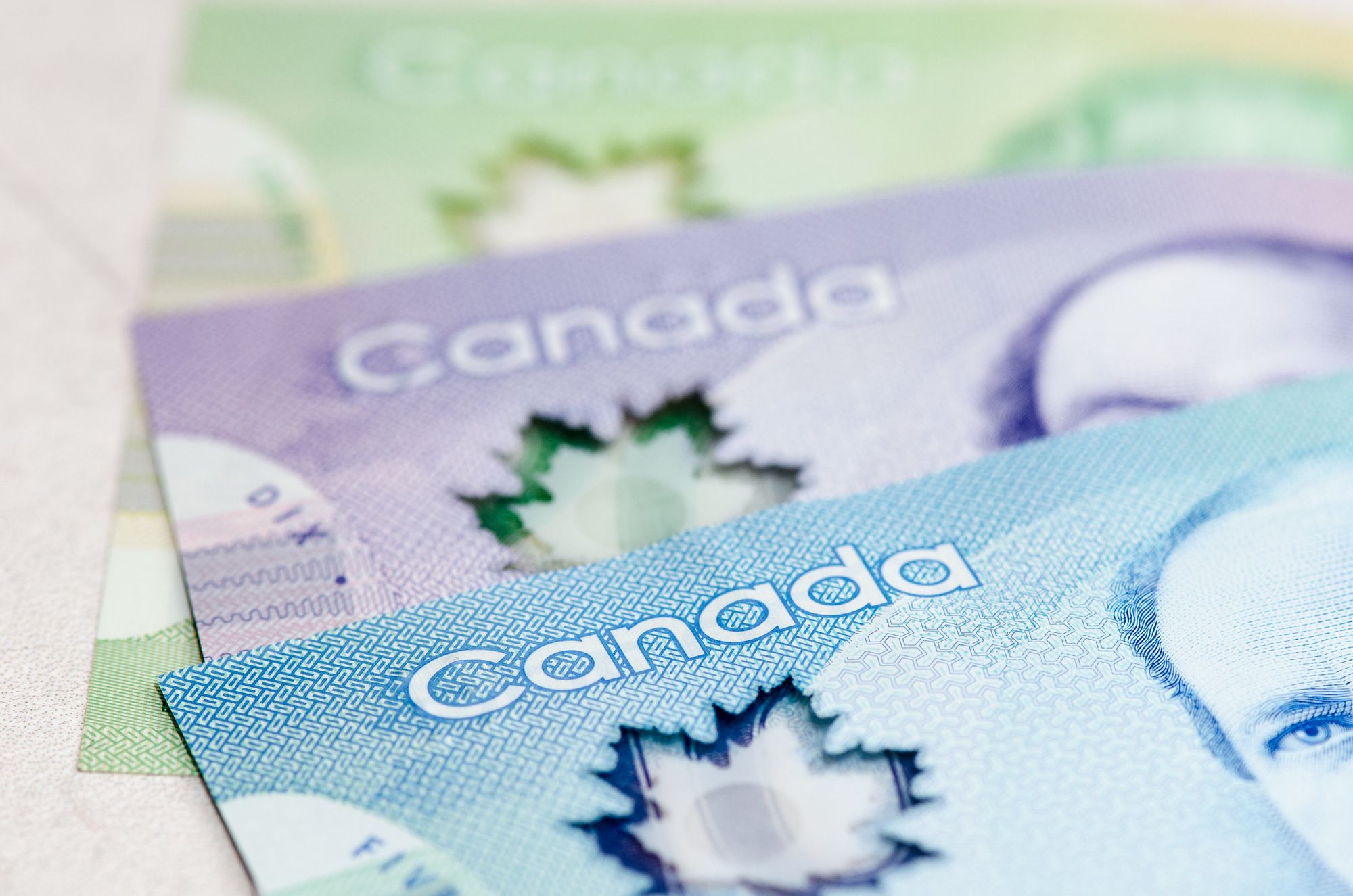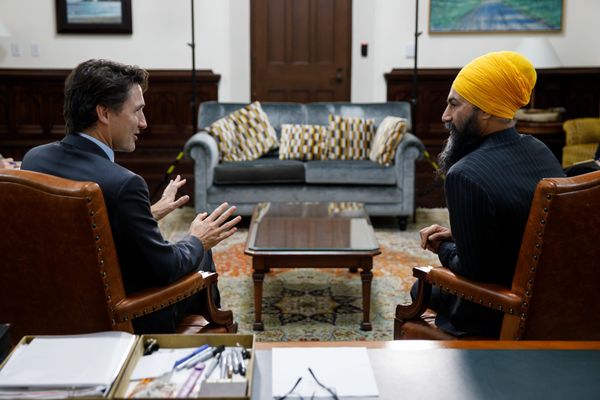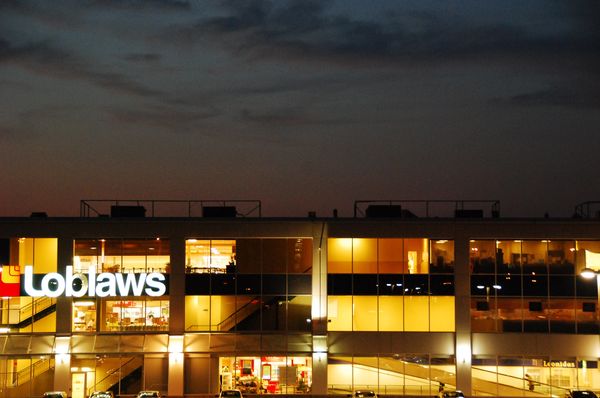March 12 started out like any other day for me. I’d spent the previous few weeks trying to suppress a growing sense of dread as COVID-19 cases started to appear in the United States. It was also slowly becoming clear that the virus was affecting people under 60, and definitely wasn’t ‘just like the flu.’ So, while I was starting to become mildly alarmed by the thought of the pandemic reaching Canada, it still seemed like weeks or months away. Maybe the whole thing would blow over!
Yet that evening — in keeping with the absurdist melodrama that has typified this young decade — seven-foot Frenchman and Utah Jazz centre Rudy Gobert essentially ground society to a halt after testing positive for COVID-19. The NBA indefinitely postponed their season, other sports leagues followed and it suddenly felt like the world we once knew had slipped away. The next day my son’s daycare was also postponed indefinitely, and so too was any plan of trying to have anything resembling a successful freelance career in the immediate future.
The response to this crisis by the Liberal Party was initially convoluted in the most liberal way possible. At first, the Canadian Emergency Response Benefit (CERB) was designed to benefit people who’d lost their entire incomes, while those of us who had our incomes reduced drastically were expected to cope somehow. Thanks to some well-timed pressure from the NDP, using the bargaining power they have against the minority government, the CERB was expanded to include more people who needed help.
Fortunately — or unfortunately, depending on your perspective — I’ve chosen a career as a humble podcaster. Since I was suddenly unable to complete any other freelance work to fill the gaps in my income due to now spending 8 to 12 hours a day hanging out with an energetic four-year-old, I limboed under the $1,000 per month means test and qualified for the CERB. While I’ve always been somewhat skeptical of the idea of a universal basic income (UBI), it turns out that giving people money monthly without making a big deal out of it positively impacts their life!
Although the last few months have been stressful at times, it’s also been the first period since I lost my 9 to 5 ad agency job several years ago that I haven’t been constantly anxious about my phone or internet bill, or grocery money, or gas, or rent, or where my next cheque is going to come from, or who hasn’t responded to an invoice.
I’ve been fortunate to have a stable enough family situation that I wasn’t in any imminent danger of homelessness or hunger, but for many, these threats are real. Why do we make people live like this? Now that millions of people have gotten a small sample of what life can be like with reduced material anxieties, how are we going to convince them to go back to how it was before? And why should we?
The usual suspects are, of course, hand-wringing over this system being abused, having public fever dreams about jailing people for forgetting to carry a two when tabulating whether their monthly income was $900 or $1,100. But unlike the nearly 900 Canadians discovered in the Panama Papers, no one is stashing their CERB payments in offshore tax havens. These funds are going to cover bills, pay for car repairs, food and rent, thereby immediately circulating back into, and uplifting, local economies.
If we’re suddenly worried about fraud, we should focus on the perversity of a system that allows 1 per cent of this country to control 25 per cent of the wealth. As conversations about the CERB and UBI continue, we must keep this last statistic in mind when the so-called adults in the room start to wonder aloud who is going to pay for all this.
Many UBI proponents, especially in the technocratic Silicon Valley charlatan set, are pushing it as a social safety net replacement or as a way to “disrupt” — read: finally kill off — what remains of our welfare state. As such, if the CERB can turn into some kind of permanent UBI, it’s important that this happens alongside an expansion of health care, housing, employment insurance, childcare and other vital social programs.
Doubters also point out that there’s currently no way to ensure expanding the CERB to a UBI won’t just lead to inflation, or get absorbed by landlords or private industry. It’s absolutely true that any effort to expand our social democracy will be met with resistance from the powerful. But our entire global economic system over the last several decades has been dedicated to keeping taxes on the wealthiest low while slashing vital services that millions of working people depend on. This has delivered a new gilded age of perpetual crises and left us teetering on the brink of depression — both spiritual and economic. Perhaps the moment has arrived to start making vital political decisions without centring the feelings of the most fantastically wealthy and privileged people in the history of human civilization.
The odd thing about this pandemic is that it has forced some of us to change our lifestyles into something more closely resembling how humans are supposed to be spending our time. Instead of an oppressive 40-hour workweek: more time with your family, for leisure and to pursue other interests, and less constant anxiety about generating income for yourself and profit for your bosses and landlords. In theory, the virus will eventually recede, but we shouldn’t forget about what we’ve learned in this time.
Expanding access to the CERB and turning it into a permanent UBI, alongside an expansion of our existing welfare state, can go a long way toward creating an economy more focused on keeping people happy and healthy rather than grinding them into dust. Considering it’s this latter type of economy that has brought the planet to the verge of climate breakdown and civilizational collapse, we must take advantage of this unexpected opportunity to change course.







Member discussion